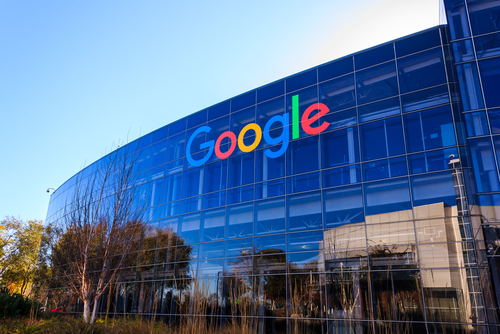
Allegations against Google suggest that biased search algorithms may subvert democratic processes by limiting access to key voting information. This is not the first time such accusations have been made against the tech giant. As Big Tech gets even bigger scrutiny of the industry and its impact on elections will grow too.
Google’s Alleged Search Manipulations
Google faces criticism from high-profile figures like Elon Musk and Donald Trump Jr. for its search algorithms’ impact on electoral information. Allegations claim Google’s autocomplete function failed to provide accurate voting details linked to Trump’s campaign.
Critics point out disparities when queries such as “assassination attempt on” resulted in historical results rather than those concerning Donald Trump.
Google said, “no manual action was taken,” highlighting attempts to improve systems to offer timely and accurate predictions. The company acknowledged the limitations of its current autocomplete capabilities, specifically in relation to sensitive topics.
Search Engines and Their Electoral Influence
The Search Engine Manipulation Effect (SEME) illustrates how search result rankings can sway undecided voters’ decisions by 20% or more. Concerns about Big Tech’s unregulated power over search algorithms raise questions about the reliability of information shared, especially during election periods. This influence is significant, given the ability to alter voting preferences without users’ awareness.
I made this video 3 years ago.
It displayed Google’s search engine bias when compared to DuckDuckGo’s search engine, which at the time had very little bias.
Nothing has changed with Google.
The narrative reflects the belief system of those in control. pic.twitter.com/f1YjjbjP69
— ZNO 🇺🇸 (@therealZNO) February 22, 2024
Google previously routed users to voter registration information via Democracy Works, funded by left-leaning foundations, which sparked further concerns about partiality. The company’s engagement in these practices invites scrutiny over its pledge to neutrality and transparency in democratic engagement.
Google search results on various topics related to the Election are skewed to show more left leaning sources. pic.twitter.com/vE1gtaz24R
— The Rabbit Hole (@TheRabbitHole84) October 30, 2024
The Push for Electoral Integrity and Transparency
The implications of Google’s alleged practices raise alarms about the integrity of elections. Calls for action demand governmental intervention to ensure tech giants maintain transparency. Experts advocate for legislative measures to enforce standard disclosures and prohibit manipulative strategies during elections.
Protecting democracy depends on holding tech companies accountable for their role in shaping political landscapes. Congress and states are called upon to investigate and regulate how such platforms manage election-related digital spaces.












